Handout: Ism Prism Handout
This prism allows participants to explore and understand their biases and where they learned them from. It is not always easy to look inside and name what you find, especially when what you find may go against how you currently see yourself. However, it is necessary self-awareness work; by looking inside deeply and honestly, we discover the attitudes that we bring to the classroom, workplace or relationships in general.
Begin by using the question “How do I feel about … ?” and fill in the blank with a particular group of people. What comes out of the other side of the prism is how your many influences have affected your biases against this group.
Respond to the following questions once you have selected a group:
Family Influences:
- What were my parents’ attitudes towards …?
- What about my other relatives’ attitudes towards …?
- What were my parents’ or guardians’ behaviours towards …?
- What were my other relatives’ behaviours towards …?
Personal Experiences:
- Did I know any … growing up?
- Did I experience any negative views towards … growing up?
- Did I have any personal experiences with or without … growing up?
Educational Experiences:
- What did I learn in school about …?
- Did I experience teachers, materials, books with positive models of …?
- What were educators’ attitudes and behaviours towards … children in school?
Peer Experiences:
- What were my friends’ attitudes and behaviours toward …?
- What did our play/games tell us about …?
Community Experiences:
- What diverse groups/individuals were in my community growing up?
- What jokes and stories were commonly told in my community? And about …?
Religious/Faith/Spiritual Influences:
- What did your own religion/faith/spirituality tell you about other religions/faiths?
- What images did you see of major religious/faith/spiritual beings/personages?
Media Influences:
- What roles/images did I see on TV or in books and magazines that influenced my perception of …?
- What toys/costumes/music/advertising impacted me?
Employment and Career:
- What career models did I have growing up?
- How did my parents’ or guardians’ employment (or lack of employment) influence me?
- What jobs did I see … doing?
Critical Incidents:
- What critical incidents happened during my life that might have affected or changed my perception of …?
Take inventory of your above responses and respond to the following:
Prism Results:
- And now, how do I view (what are my attitudes, opinions, beliefs, emotions) …?
- How do I behave towards …?
- What do I say about …?
- What do I not say about …?
Prism Impact:
- How can all of the above impact my work or relationships with …?
- What will I change or do differently in order to work effectively or build relationships with people who are …?





